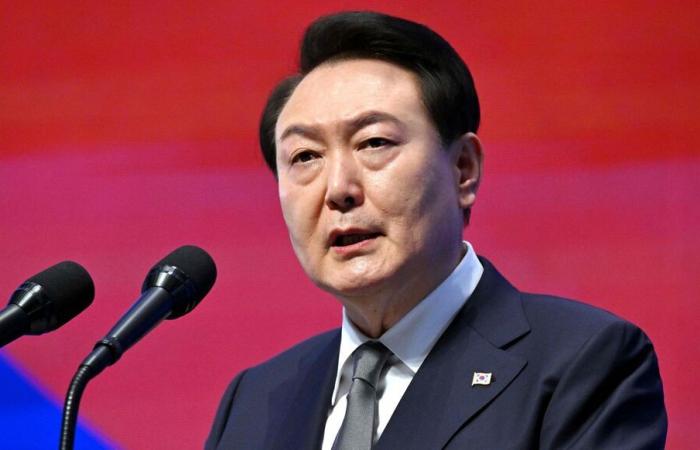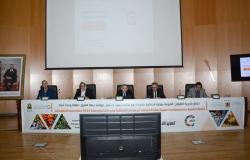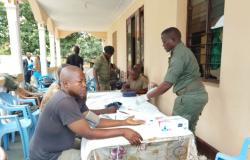Suspended South Korean President Yoon Suk-yeol was arrested this Wednesday, January 15, following a new assault on his residence by investigators who want to question him about his failed attempt to impose martial law in the country at the beginning of December, an unprecedented measure in South Korea in the grip of a serious political crisis. After an initial raid which turned into a fiasco at the beginning of January, agents from the Office for the Investigation of Corruption of High Personalities (CIO) and the police showed up in numbers, before dawn, at the home – transformed into a fortress – where the former prosecutor has been holed up for weeks in an upscale neighborhood of Seoul.
Nearly 3,500 law enforcement agents were present from five in the morning in front of the head of state’s residence, reports our correspondent in Seoul, Célio Fioretti. It took them nearly five and a half hours to get past the barricades set up by the president’s security to repel the police assault. Inside his home, Yoon Suk-yeol attempted to negotiate a surrender without handcuffs, a favor refused by the authorities. At 10:40 a.m. the police convoy left the presidential complex with the deposed president on board.
After several hours, the team in charge of the operation indicated in a press release that they had “executed an arrest warrant against President Yoon Suk-yeol” at 1:33 a.m. UT. Suspended by deputies and targeted by an investigation for “rebellion”, the conservative leader had until now always refused to explain himself since his coup, pushing prosecutors to resort to arrest warrants with a view to placing him in custody.
“Avoid any unfortunate bloodshed”
“I have decided to respond to the Corruption Investigation Bureau,” Yoon Suk-yeol announced in a video message, adding that he does not recognize the legality of the investigation, but will submit to it. “to avoid any unfortunate bloodshed” while the police raided his residence in the morning.
This is the “first step towards the return of constitutional order, democracy and the rule of law,” welcomed Park Chan-dae, head of deputies of the Democratic Party, the main force of the opposition in Parliament.
Never before has a sitting head of state been arrested in South Korea. Yoon Suk-yeol may be held in custody for 48 hours under the current warrant. Investigators will have to request a new one to possibly extend his detention.
The latter risks his post and is under investigation for “rebellion” for having briefly established martial law on December 3, a shock measure recalling the dark hours of the military dictatorship which he had justified by his desire to protect the country of “North Korean communist forces” and to “eliminate elements hostile to the State”. In a Parliament surrounded by soldiers, the deputies had foiled his plans by voting on a text demanding the lifting of this state of exception. Under pressure from elected officials, thousands of pro-democracy demonstrators and constrained by the Constitution, Yoon Suk-yeol had to comply.
On January 3, the Presidential Security Service (PSS) in charge of protecting presidents blocked a first attempt by the IOC to execute the arrest warrant issued to force him to answer its questions. For their second raid, the authorities warned that they would apprehend anyone who obstructed them. Teams from the IOC and the police had to cross the surrounding wall using ladders before getting past vehicle blockades. As they progressed towards the front door of the presidential home, police arrested the interim leader of the PSS, according to Yonhap news agency.
Very unpopular, Yoon Suk-yeol was suspended from office on December 14 following the adoption by the National Assembly of an impeachment motion. Tuesday January 14, the Constitutional Court formally launched the impeachment trial of the conservative leader, with a very short first hearing. He did not show up, citing “concerns” about security. The trial will continue even without him, with a second hearing scheduled for Thursday. The Court has until mid-June to decide the future of Yoon Suk-yeol, still officially president while awaiting his verdict. The court may either permanently dismiss him or reinstate him in his functions.
Breaking news






